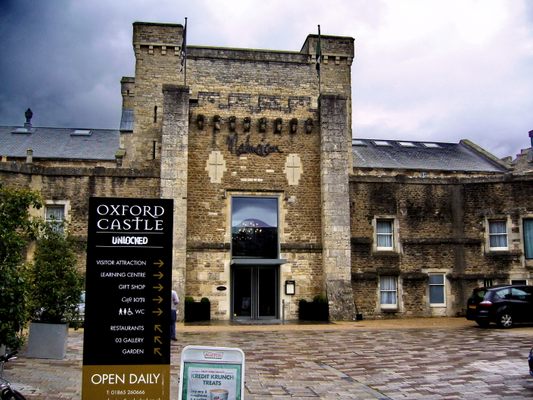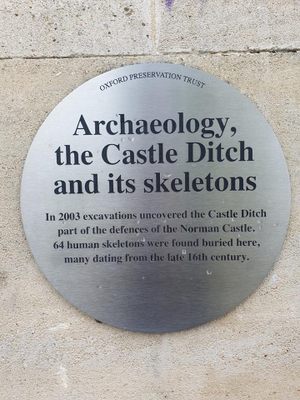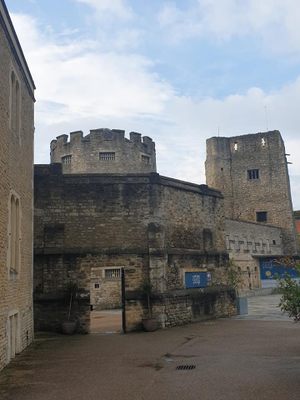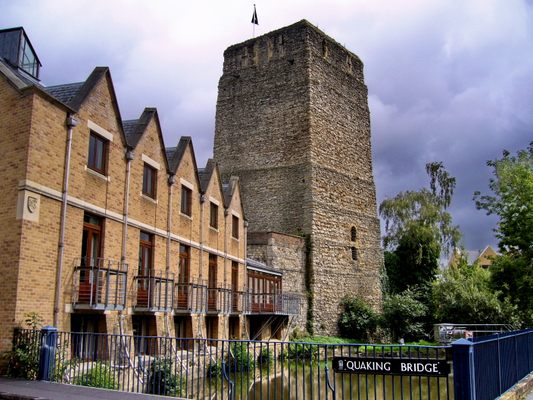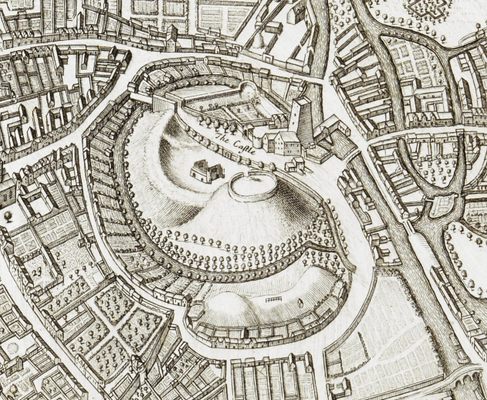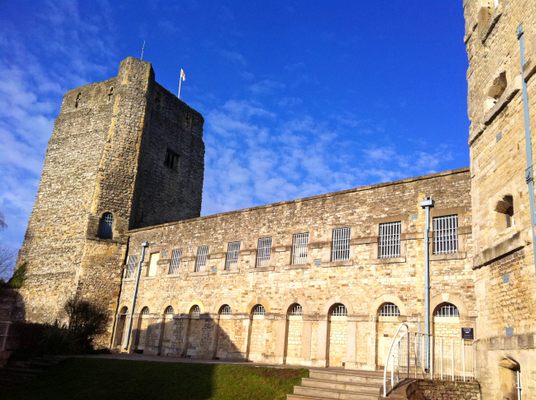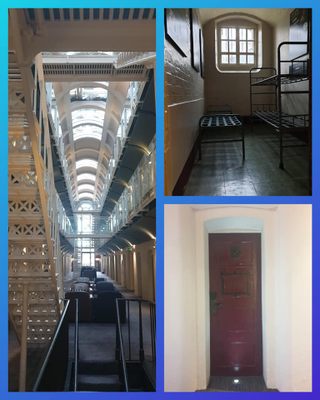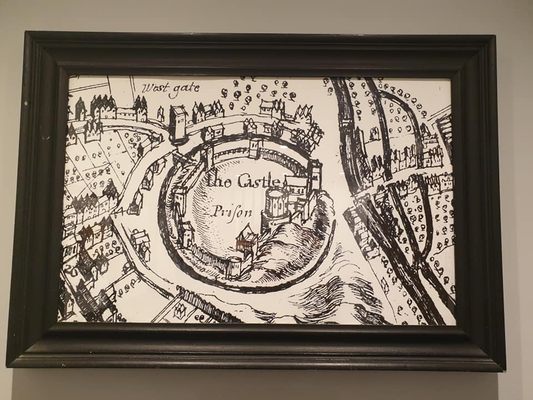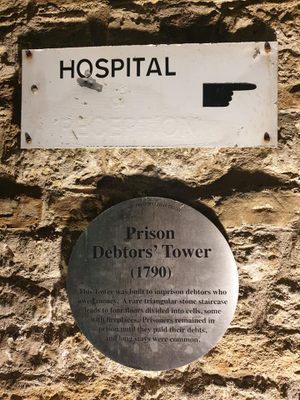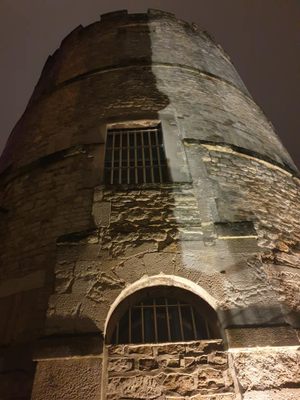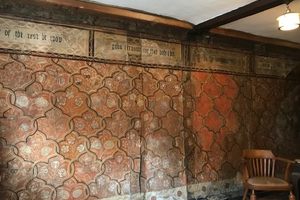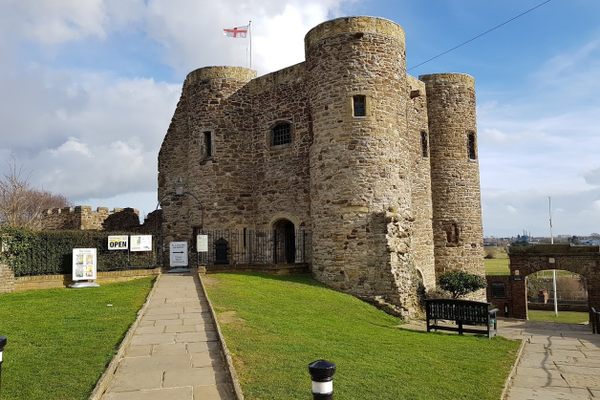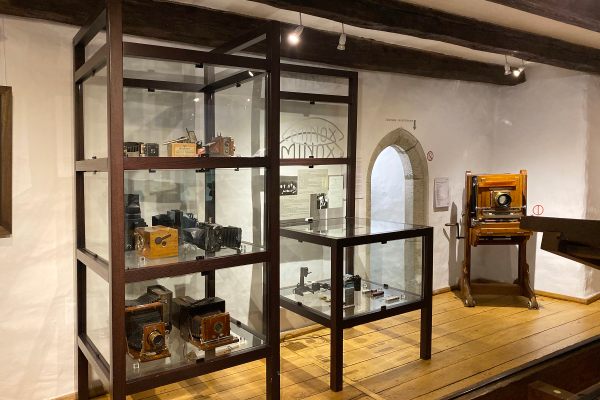About
Most people visiting the City of Oxford come for its historic, academic, and religious grandeur. However, many visitors overlook Oxford Castle, a medieval Norman structure with a dark past.
Constructed by Baron Robert D’Oyly the elder in 1073, Oxford Castle was originally a wooden, motte-and-bailey castle. By the 13th century, most of the castle's buildings had been reconstructed out of stone. It was key in defending the city from Saxon invaders and played an important role during the Anarchy, being the base of Empress Matilda’s campaign from 1141 to 1142.
Despite its favorable position, Oxford Castle never became a royal residence for Henry I, who built the more kingly Beaumont Palace nearby. By the days of Henry III, part of the castle had already been transformed into a prison. It was used to house drunk and unruly scholars from the University.
Over the years, the castle gradually fell into disrepair. After the English Civil War, the castle became Oxford’s criminal court and prison, complete with gallows. Its status as a prison continued into the Victorian era, and the castle was renamed HM Prison Oxford in 1888.
One of the more notable prisoners to be held in Oxford Castle was Mary Blandy, an 18th-century murderer who poisoned her father with arsenic. She believed the arsenic was a love potion that would force him to approve of her fiancé, a Scottish nobleman who was already married. She was hanged on April 6, 1752. It's said that her spirit still roams the castle to this day.
During the Victorian era, it wasn't uncommon for children to be imprisoned inside. The youngest inmate to be held inside Oxford Prison, Julie-Ann Crumpling, was just seven years old when she was sentenced to seven days of hard labor for allegedly stealing a pram.
The castle remained a prison until 1996, after which it was redeveloped into a tourist attraction and a boutique hotel, Malmaison Oxford. There are a total of 94 rooms at Malmaison, many of them repurposed prison cells in the A-Wing, as well as a few in the Governor’s House and the Houses of Correction located across the yard.
Related Tags
Know Before You Go
A ten-minute walk from Oxford Station, Christ Church College, and the Ashmolean Museum. The Castle & Prison attraction is open daily from 10 a.m. to 4:20 p.m. (the last tour).
Published
March 2, 2020

